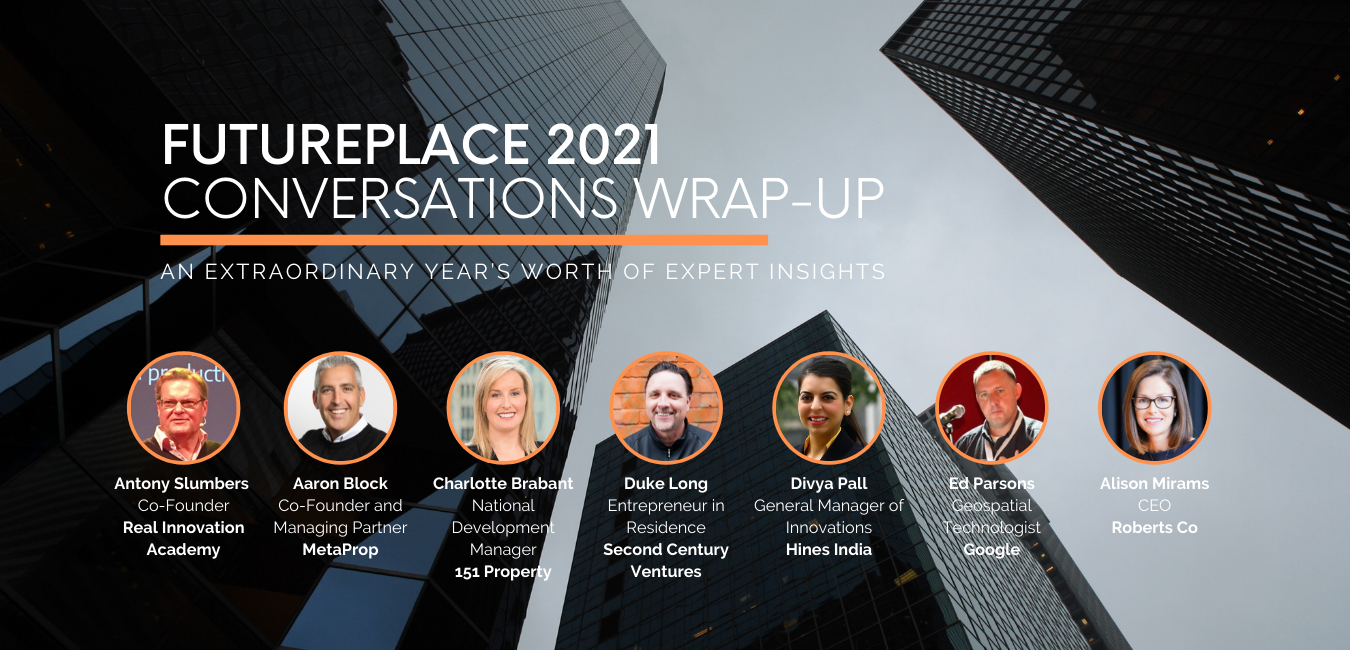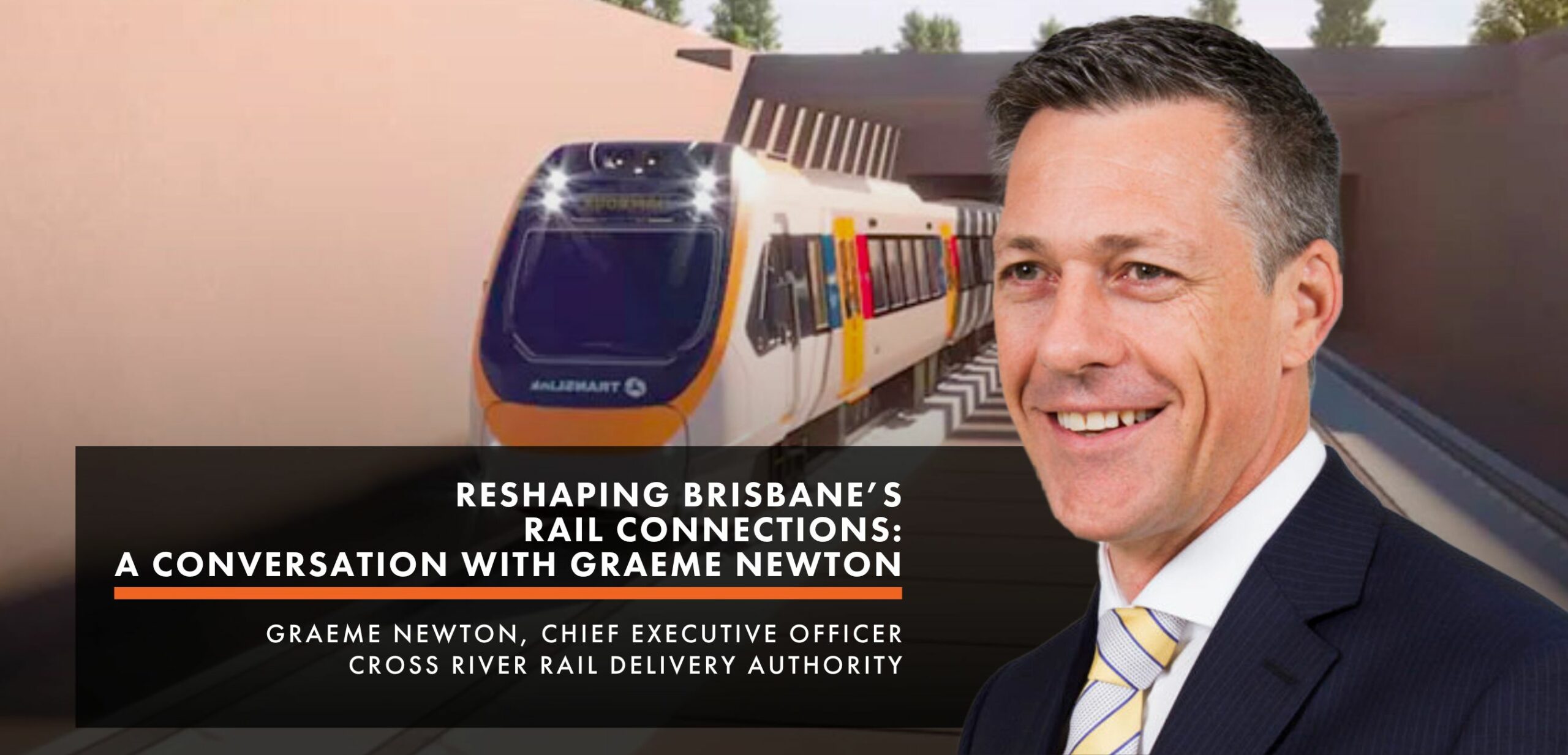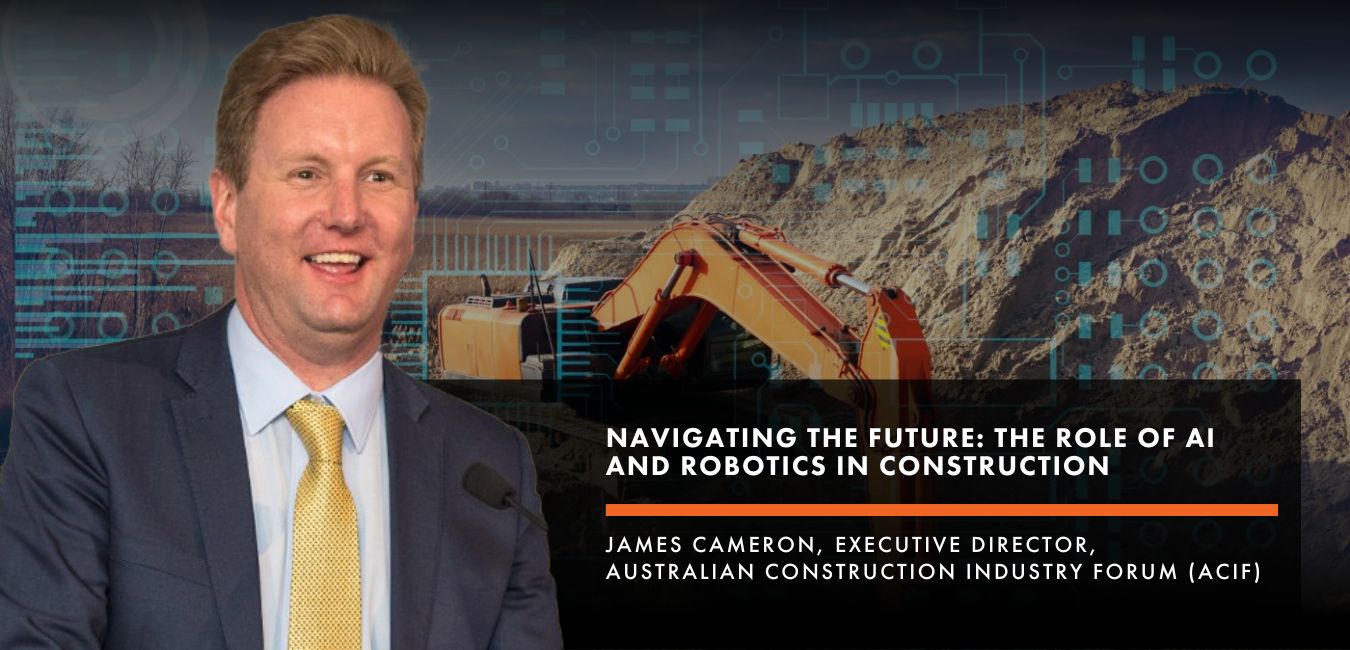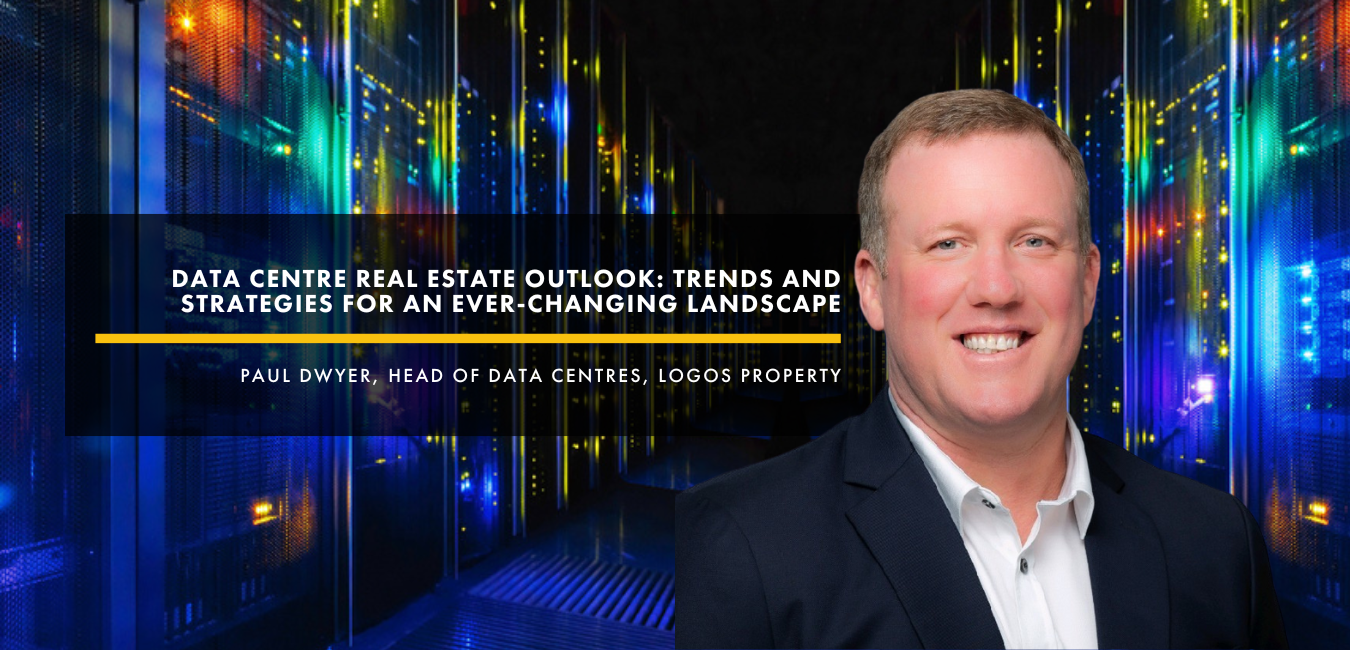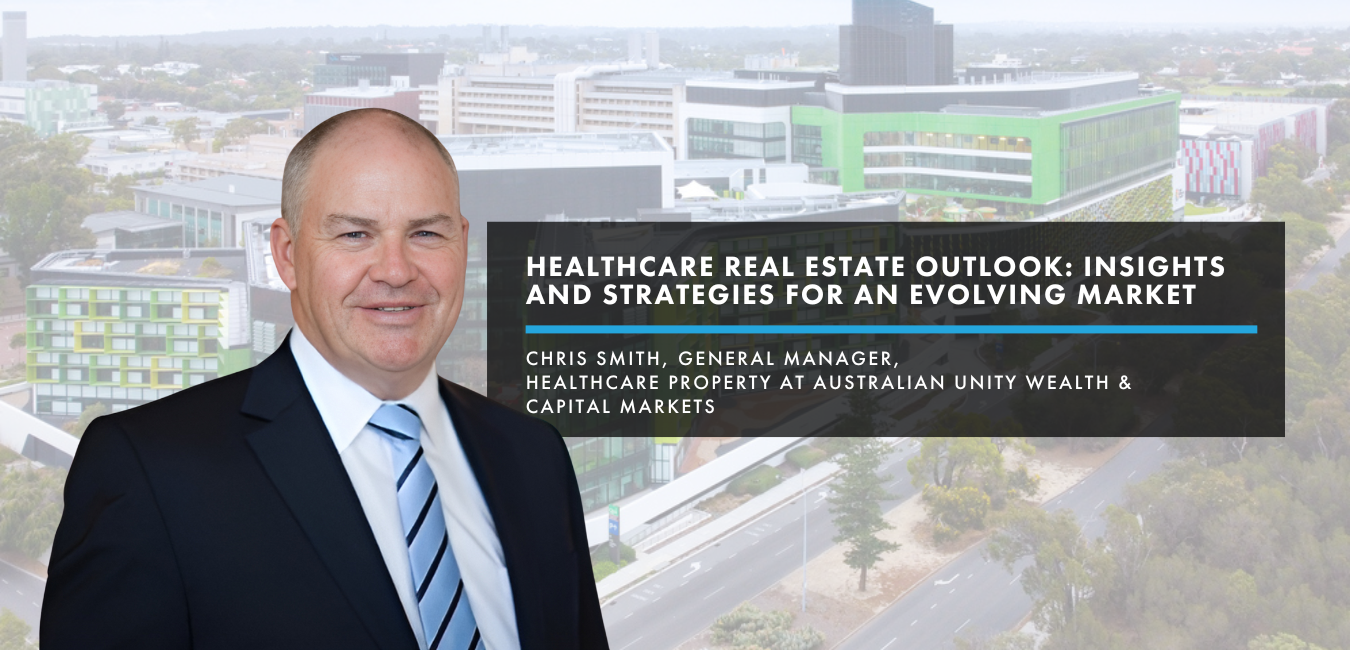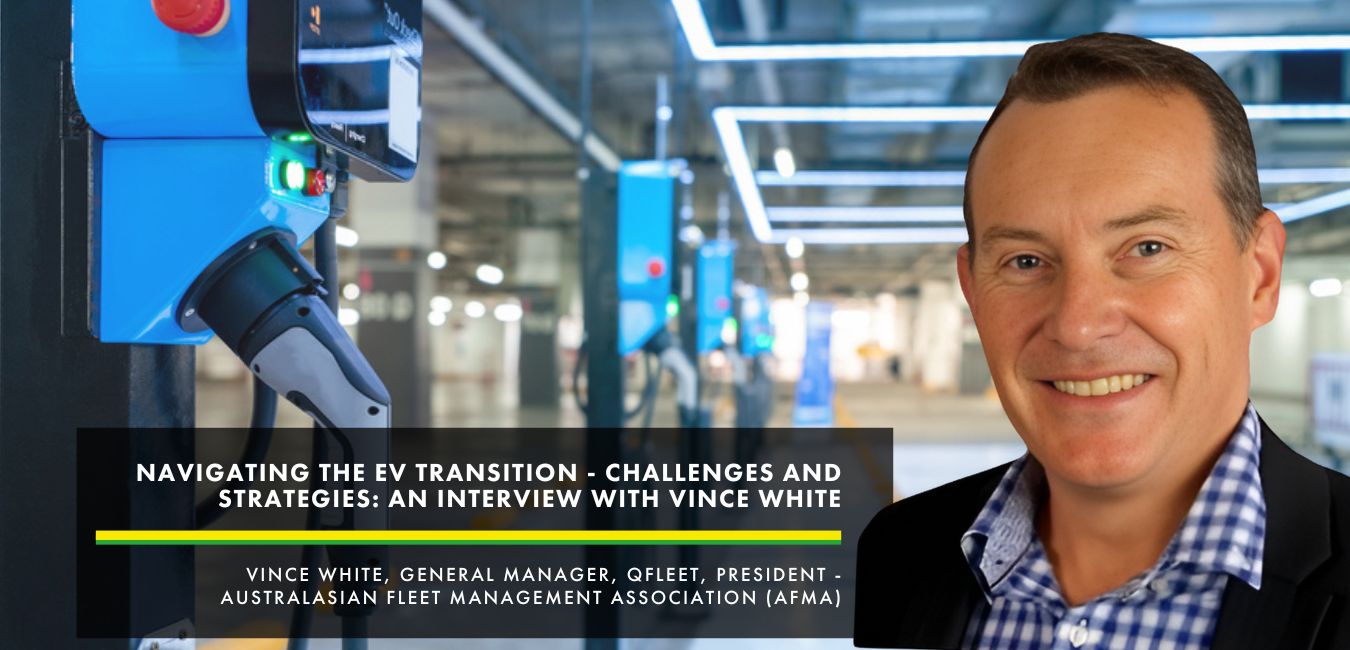Each of our biweekly FuturePlace newsletters feature an expert interview. Our conversations led us from trends and investment in PropTech to digital innovations in energy efficiency, evolutions in equality, and more. We are very appreciative for the insights these experts shared with us over the past year and are looking forward to continuing the conversations in 2022!
Here are some highlights:
How did the pandemic emphasize the importance of digital twins?
Matthew Barbuto, Co-Founder at Ynomia: For our customers, the need for real time construction data and remote monitoring rapidly accelerated through the pandemic. The natural by-product of that has been the need to have better visualization tools. With better tools, we can make sense of available higher velocity data and especially for users who aren’t as confident working in 3D yet. Digital twins, powered by autonomous data streams, make this powerful tool more accessible to project teams.
What is a challenge women experience in real estate?
Divya Pall, General Manager of Innovations at Hines India: I find it important for women to find mentorship, particularly because women go through different stages in their careers and their life cycles. There are important pillars like marriage and having children and these are the times that women need maximum support and mentorship. They also need opportunities to return to the workforce. We’ve seen more opportunities appear in the last few years like companies that specialize in hiring women who want to return to the workforce. Mentorship is important in setting expectations for the candidate and the employer.
What are some trends you’re excited about in the industrial space?
Charlotte Brabant, National Development Manager for 151 Property: One of the trends I am most excited about in industrial is that it has been re-rated as an asset class and is no longer the poor cousin to retail and office. This has resulted in the population gaining more awareness for the sector not only as an investment thematic, but also as a sector of choice for jobs and opportunity.
Is there a right way or wrong way for companies to behave in order to succeed in regards to offices?
Antony Slumbers, Co-Founder at Real Innovation Academy: My hypothesis is that the companies that are looking at what has happened as the catalyst for fundamental change in how they think, how they work, and their real estate requirements, are going to become dramatically more productive than the companies that just iterate a little bit from where they were before.
“If they see being an office-centric company as an important part of their identity, they’re not going to make big changes.”
The companies that prepare as if there’s a new pandemic tomorrow and operate so people have access to everything all of the time, they will be super competitive. The companies to watch are the ones that start off trying to see how to leverage big change. Is this just an iteration of what we had before or is it a revolution?
What are you seeing in regards to global patterns of growth?
Aaron Block, Co-Founder and Managing Partner of MetaProp: The good news is the borders are starting to fade. We’re starting to see some of the most recent wave of great technology companies expanding into other markets. VTS is a great example from North America doing this. We’re seeing a lot of the players who have multinational presence on the enterprise side. The big real estate companies really dove in and partnered with venture firms like us, investing directly in startups and putting together PropTech programs. This will help bring things together faster. You still have to be in North America, with New York and the West Coast being very important, but places like Washington D.C., Chicago, Boston, Austin, Los Angeles and Seattle are really exciting, too. As are Toronto and Montreal in Canada.
“The internationalization of tech will continue.”
How has software changed real estate?
Duke Long, Entrepreneur in Residence at Second Century Ventures: Despite what you hear, real estate is still relationship-based. I’ve done deals where I’ve never met the people and that’s been more common as of late, but I’ve done many more deals through in-person relationship building and exchanges. Why would someone not expand their network beyond 30 miles of where they’re living? The ability to have zero borders now is fascinating. Software has no borders.
What should be next in construction?
Alison Mirams, CEO at Roberts Co: Construction is an industry that if you give an inch, it’s gone and we never recalibrate. Now is the time to recalibrate and slow down. We’ve gone through a pandemic where everyone was worried about health so don’t lose that focus on health, keep it and slow down a bit. When you slow down, you speed up. If I said to you, for $12,000 pay rise, you can work every Saturday from 7-3pm. Who’s doing it? I haven’t found anyone to say yes yet. The workers are doing that question in reverse—they earn less but they have their life back and they’re loving it.
Beyond cutting costs, what impact can a hybrid office have on required space?
Dinesh Malkani, CEO of Smarten Spaces: Before the pandemic, 100% of space was only used 50-60% of the time. Whenever you walked in, you found half the desks empty. Post pandemic, companies are looking to have 70% of the space but use it 100% of the time. From the employee perspective, a hybrid office offers the ability to balance the need to collaborate with the need to be productive and the need to be flexible. Permanently working from home has a low rating – people want a balance.
“Hybrid offices are going to be the new normal and it’s already being rapidly adopted.”
Where’s the intersection between what you’re doing as a Geospatial Technologist at Google and last-mile delivery?
Ed Parsons, Geospatial Technologist at Google: It’s all part of the infrastructure that allows the last mile activity to happen. The internet has helped to create more communities. While we’ve been locked up in our own neighborhoods, we’ve communicated much more than we have in the past and local neighborhoods have become more important. That’s happened as a result of the internet and social media and sharing information online. On one hand, the internet means that location disappears but on the other hand, it means that location is reinforced because it helps create communities.
What do people and companies want out of an office space now?
Balder Tol, General Manager of Australia at WeWork: There’s a fundamental shift in how real estate is being viewed and it comes with changing how we work. We’ve all learned how to do business over Zoom, but although we can work from home, we might not want to. That’s where the rise in flexibility comes in. We expect employees will want more flexibility to work where they can be their most productive for the task at hand, perhaps even a hybrid between the office and home. We’re already finding that the role of the physical office and its place in the future of work will change: as a place to meet, build culture, foster relationships. With this emerging trend, we’ll see the physical office becoming a more club-like space; a place of creative interaction. Think about the office as a space where we network, where we work side-by-side, and co-create and innovate. Shared spaces are best suited to intentional collaborative activities such as problem-solving and socialising; those aspects of work that people missed while working from home.

